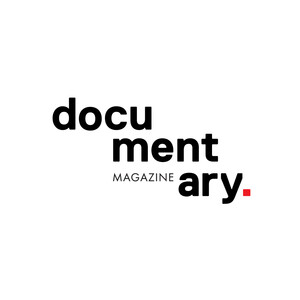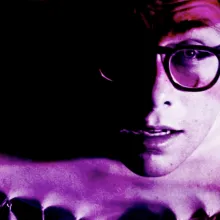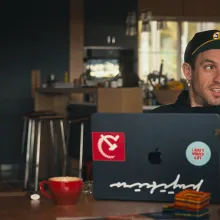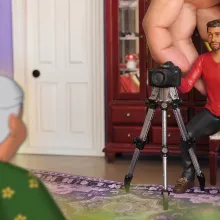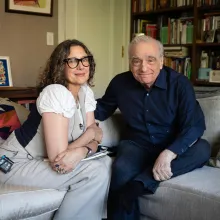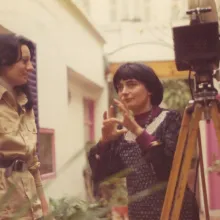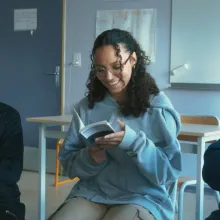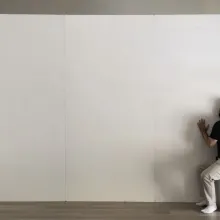'Life Itself' Opens July 4 through Magnolia Pictures.
Biographical Docs
Debuting the theatrical trailer for Angelo Madsen’s feature documentary A Body to Live In, an exploration of body modification and the life of
Sinéad O’Shea talks about the challenges of capturing Fergie Chambers’s many contradictions in All About the Money
In this interview, TheyDream director William David Caballero talks about his Sundance-premiering doc and his decade-long project of documenting his
In this interview, Raoul Peck reflects on deploying AI-generated imagery to illuminate Orwell’s insights about linguistic manipulation
In this interview, Rebecca Miller discusses how radical listening shaped her five-part series Mr. Scorsese, from tracking down childhood gangsters to
For decades, Katja Raganelli’s documentaries safeguarded the stories of female filmmakers when the industry tried to erase them
Venice’s robust nonfiction selection revealed filmmakers grappling with inheritance—of land, literature, trauma, and the weight of documenting lives
Alaa Minawi’s The Liminal gives an alternative definition of “immersive” from the typical technological, digital one. In his practice, the Palestinian-Lebanese-Dutch interdisciplinary artist explores the possibilities of merging installation and performance art. The Liminal—the first part of his speculative series about Arabfuturism—is a 3.5-meter wall with 24 speakers placed inside, programmed to take the audience on a listening journey.
It’s only us; there’s no them. That’s the provocation at Tribeca’s 2025 Immersive exhibition, titled In Search of Us, mounted in partnership with Onassis ONX and Agog. The exhibit seeks to challenge the act of othering that is so entrenched in media landscapes with “us vs. them” ideologies. About half of the show is comprised of documentary or documentary-adjacent work. This dispatch includes review of four exemplary nonfiction works.





